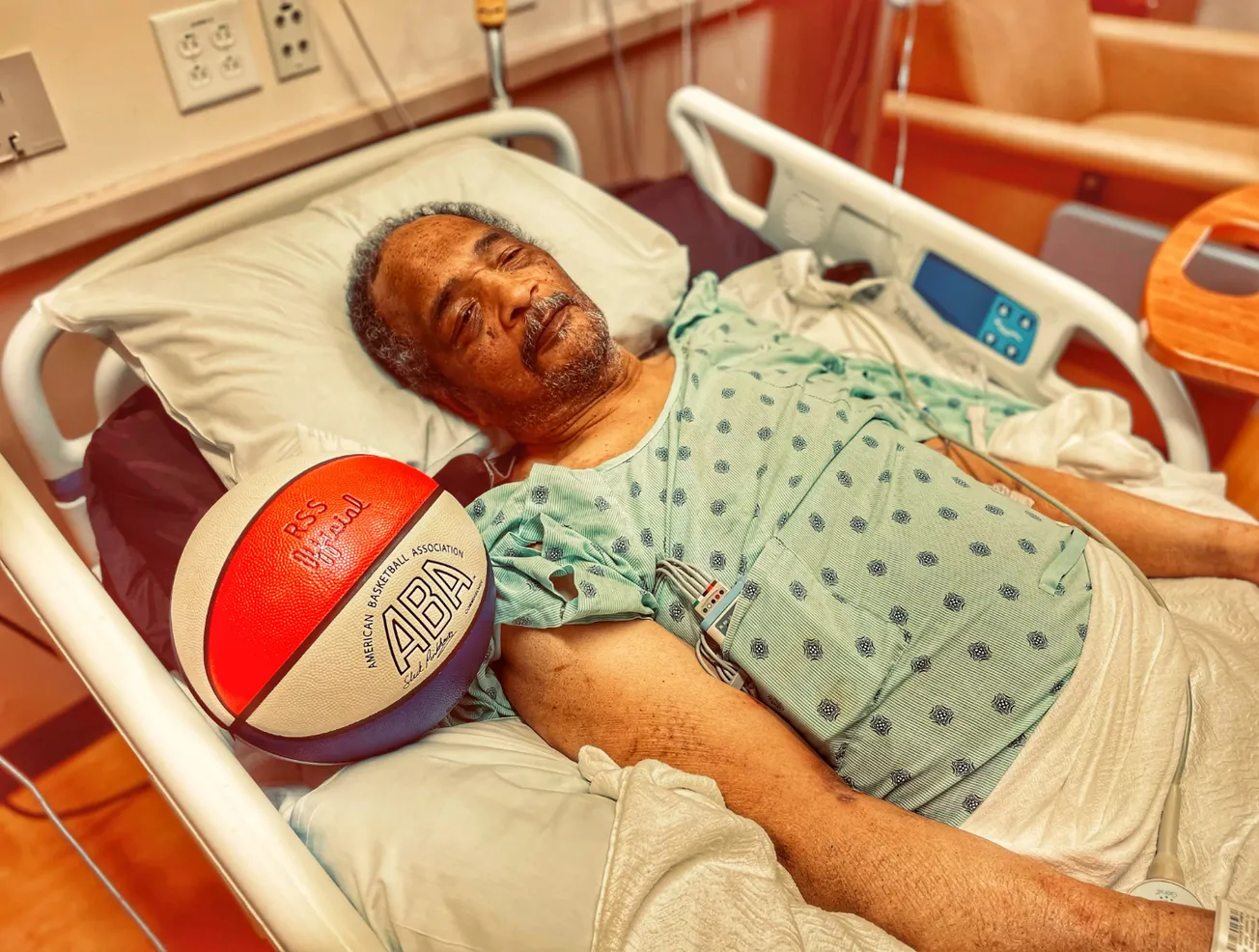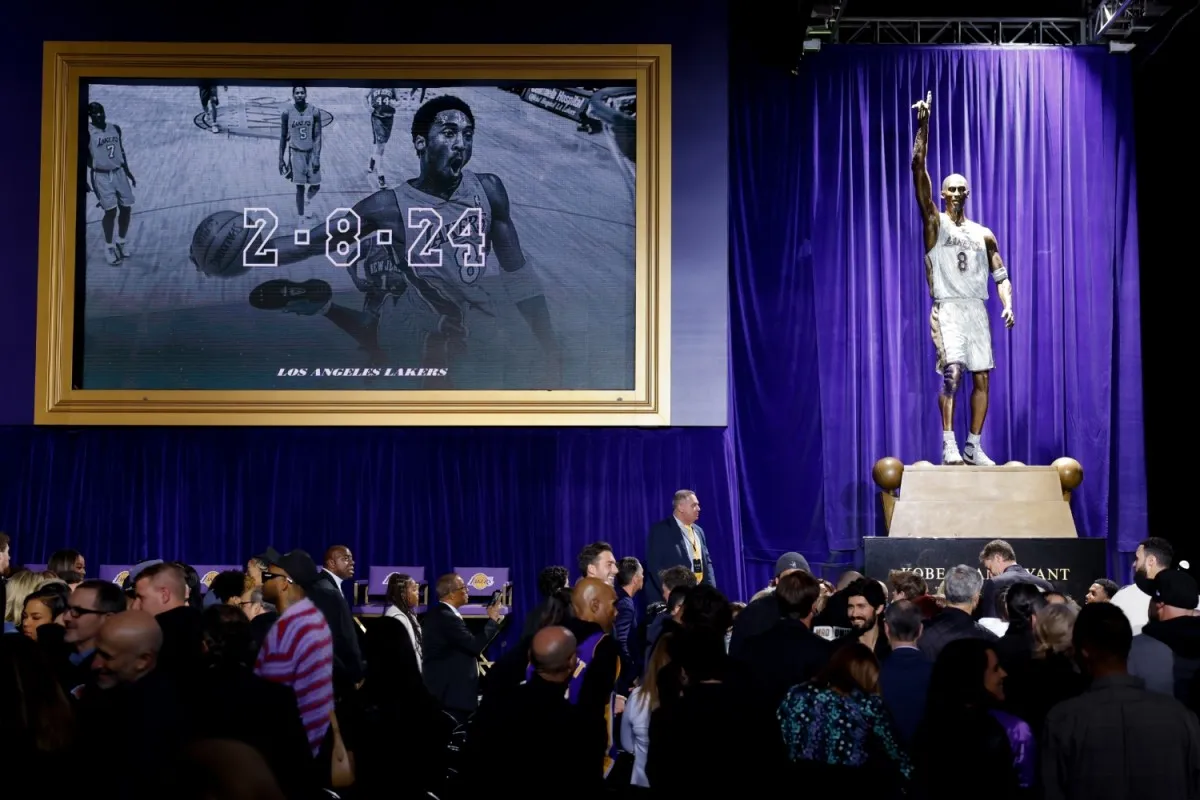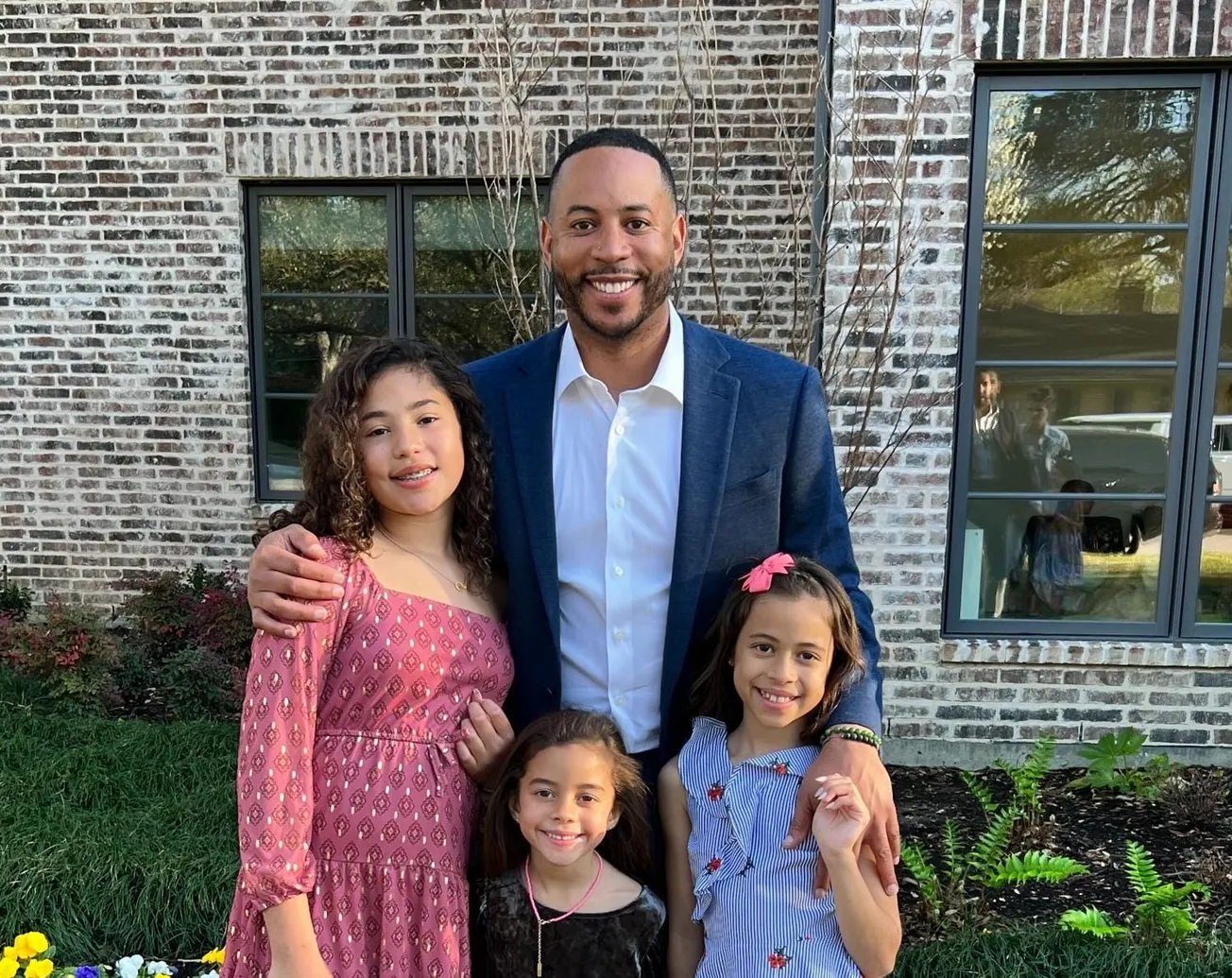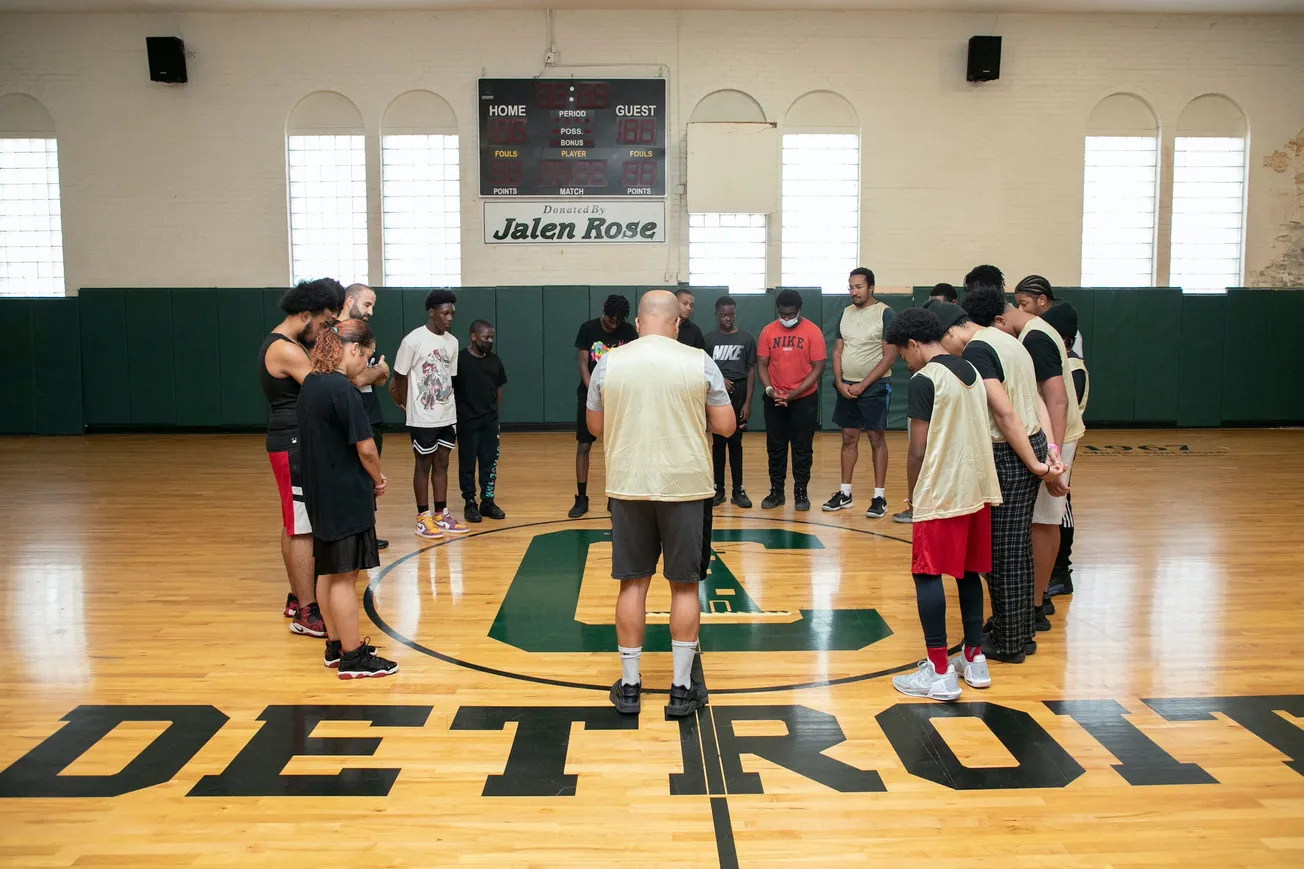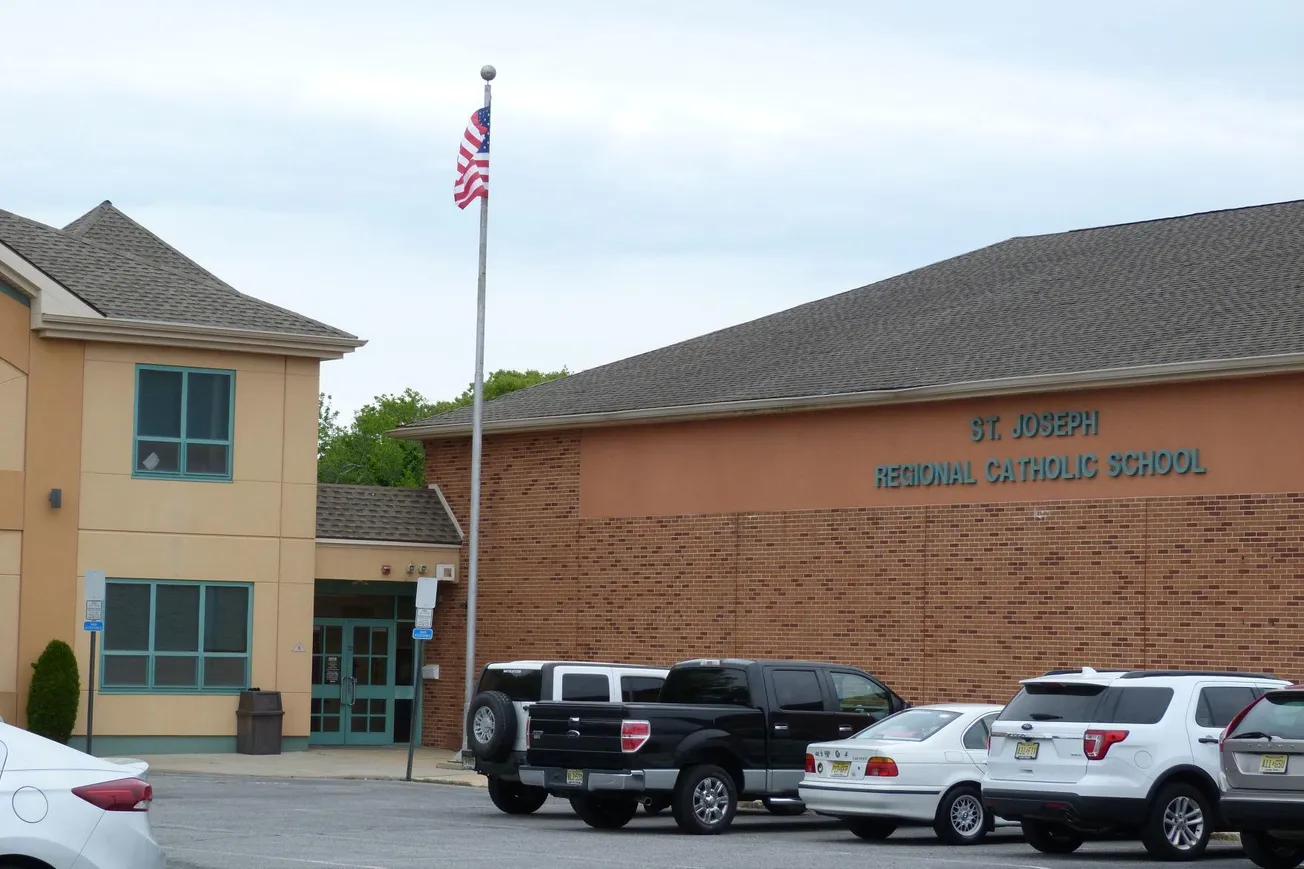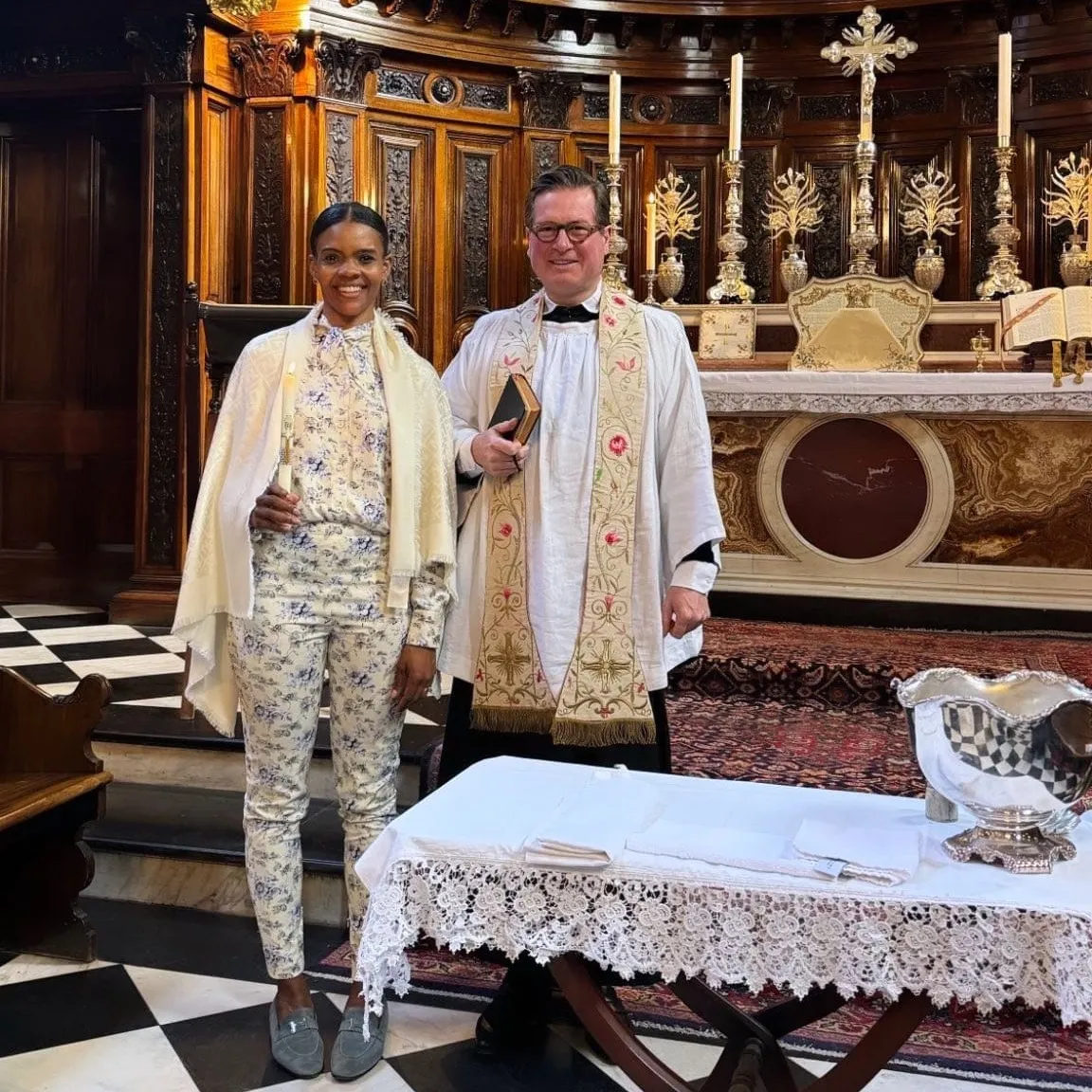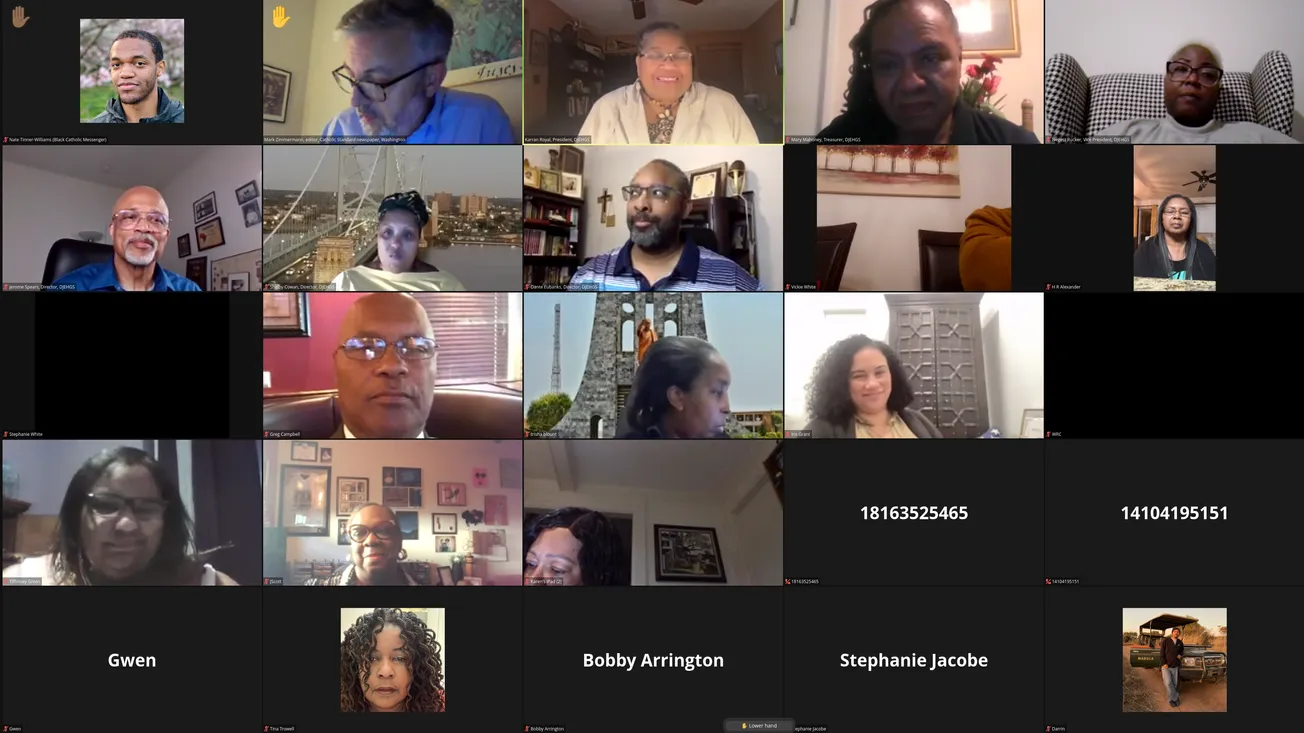INDIANAPOLIS — Sam Smith Sr, a former pro basketball player who won an ABA championship in 1971 with the Utah Stars, has become the latest subject of the NBA’s controversial retirement policy, having passed away on May 18th nearly penniless at 79 years old.
The cause of death involved complications from a stroke, and his funeral was held on May 28th at St Lawrence Catholic Church in Lawrence, Indiana.
Shortly before his death, he had a poignant photo taken at his hospital bedside, to send a message that he hoped would grab the attention of those who held substantial power over his life and livelihood.
“I would do anything to get the NBA to help these guys,” Smith said at the time to Scott Tarter, founder and CEO of the Dropping Dimes Foundation, formed to help struggling ABA players and their families.

Born in West Virginia in 1943, Smith was a multi-sport star at Hazard High School in Kentucky before going on to star in basketball at the University of Louisville. He was one of the first Black student-athletes at the school, and quickly became a starter on the team. He later transferred to Kentucky Wesleyan, where he won the Division II national championship in 1966.
The 6’7” center was drafted into the NBA in 1967, but ended up playing in the ABA—at the time the more free-flowing, flashier alternative to the older, more established league. Unsurprisingly, it was also more Black, incubating some of the game’s most influential players on the aesthetic level, including Julius “Dr. J” Erving.
Smith starred for the Minnesota Muskies and Kentucky Colonels before a trade to Utah led to his first championship. It would also be his last, as he retired from pro basketball after the 1970-1971 season, reportedly due to an anxiety attack.
Returning to Kentucky to work in security for Ford, Smith would earn a meager living as the pro basketball world shifted mightily with the dawn of the ABA-NBA merger in 1976, occasioning the explosion of the sport’s popularity over the next few decades.
Meanwhile, Smith and others were left with very little in the way of benefits, despite having played years under the previous system and ostensibly being entitled to a pension and healthcare from the league, known simply as the NBA after the merger. Unlike Erving, however, Smith did not accrue three seasons in the NBA and thus was not eligible.
Like many former ABA players, Smith was left to turn to charity organizations such as Dropping Dimes in light of the NBA’s policy. As could be expected, most of those suffering were/are Black.
A sad day for our Cardinal family as we mourn the passing of Sam Smith, one of the first three African-American student-athletes to integrate the UofL men's basketball program.
— Louisville Men's Basketball (@LouisvilleMBB) May 19, 2022
Our thoughts and prayers are with his family. pic.twitter.com/MWxQ1jR4Rc
Smith did not die directly as a result of the lack of NBA retirement benefits—he had healthcare from Ford—but critics have insisted that the NBA’s policy leaves too many vulnerable former pros in the lurch. Some are homeless, and others face an increasingly byzantine healthcare system without help from a league that generates $10B annually.
Smith believed he was owed $2,000 for a pension, roughly $400 a month for each season played in the ABA. This amount has been under negotiation for all former players for at least a year— with discussions taking place between Dropping Dimes and the NBA—but upon Smith’s death last month, no resolution had been reached.
In Smith’s case, economic struggles led to his having to turn to Dopping Dimes to afford travel costs for his 50-year Division II championship reunion at Kentucky Wesleyan, as well as funds for his daughter’s funeral. (Smith and his wife Helen were left to raise their 5-year-old grandson.)
Former NBA head coach George Karl, who played in the ABA for several years in the 1970s, lamented that his former teammates and leaguemates are struggling due to the NBA’s inaction.
“It breaks my heart to see guys I played with in the League passing away under difficult circumstances,” he said Thursday on Twitter.
“Sam Smith was a good player and a good man. I hope stories like [this] will stop soon.”
Nate Tinner-Williams is co-founder and editor of Black Catholic Messenger, a seminarian with the Josephites, and a ThM student with the Institute for Black Catholic Studies at Xavier University of Louisiana (XULA).


